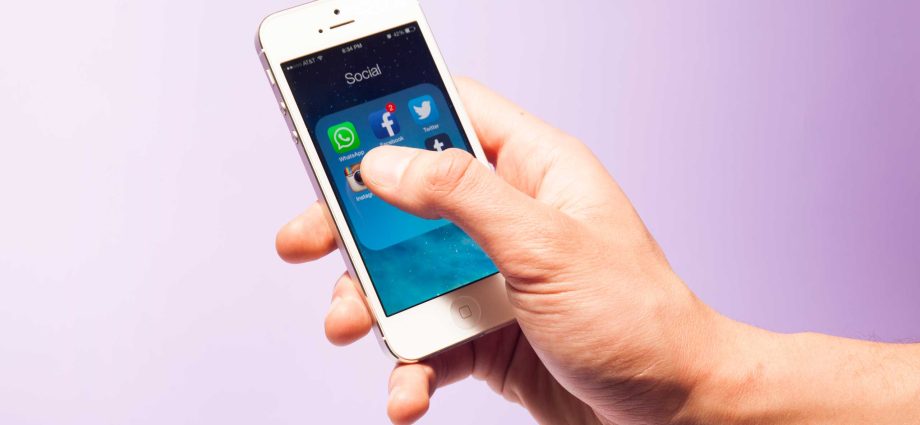Much is said and written about the fact that phone abuse can lead to loneliness and depression, but what is the cause and what is the effect? Are these symptoms preceded by addiction, or is the opposite true: Depressed or lonely people are more likely to become addicted to their phones?
The older generation often complains that young people literally do not tear themselves away from the screens of smartphones. And in their own way, they are right in their fears: there is indeed a connection between gadget addiction and emotional state. So, inviting 346 young people aged 18 to 20 to study, Matthew Lapierre, associate professor of communications at the Arizona College of Social and Behavioral Sciences, and his colleagues found that smartphone addiction leads to more complaints about symptoms of depression and loneliness.
“The main conclusion we came to is that smartphone addiction directly predicts subsequent symptoms of depression,” the scientist shares. “The use of gadgets comes at the expense of our daily lives: when a smartphone is not at hand, many of us experience great anxiety. Of course, smartphones can be useful in helping us communicate with others. But the psychological consequences of their use cannot be discounted either.”
We all need to change our attitude towards gadgets. This will allow us to maintain and improve well-being
Understanding the relationship between smartphone addiction and depression is important, first of all, because this is the only way to find a solution to the problem, says Lapierre’s student and co-author Pengfei Zhao.
“If depression and loneliness led to this addiction, we could hypothetically reduce it by regulating people’s mental health,” he explains. “But our discovery allows us to understand that the solution lies elsewhere: we all need to change our attitude towards gadgets. This will allow us to maintain and improve our well-being.”
Gadget-dependent generation
To measure young people’s level of smartphone addiction, the researchers used a 4-point scale to rate a series of statements such as «I panic when I can’t use my smartphone.» The subjects also answered questions about daily gadget use and completed a test to measure loneliness and depressive symptoms. The surveys were conducted twice, with a gap of three to four months.
Focusing on this particular age group was important for several reasons. Firstly, this generation literally grew up on smartphones. Secondly, at this age we are especially vulnerable to the development of depression and other mental health problems.
“Older teens are more likely to become addicted to smartphones,” Zhao said. “Gadgets can have a serious negative impact on them precisely because they are especially at risk of developing depression.”
Boundaries in Relationships… with the Phone
It is known that we most often turn to smartphones to relieve stress. With this in mind, we can try to look for alternative ways to relax. “You can talk to a close friend to get support, exercise, or practice meditation,” Zhao suggests. In any case, we need to independently limit the use of smartphones, remembering that this is for our own good.
Smartphones are still a relatively new technology, and researchers around the world continue to study their impact on life. According to Lapierre, further research should be aimed at finding answers to some important questions about the psychological consequences of smartphone addiction.
In the meantime, scientists continue to study the issue more deeply, we, ordinary users, have another opportunity to influence our psychological state. This can be helped by self-observation and, if necessary, changing the format of using a smartphone.










